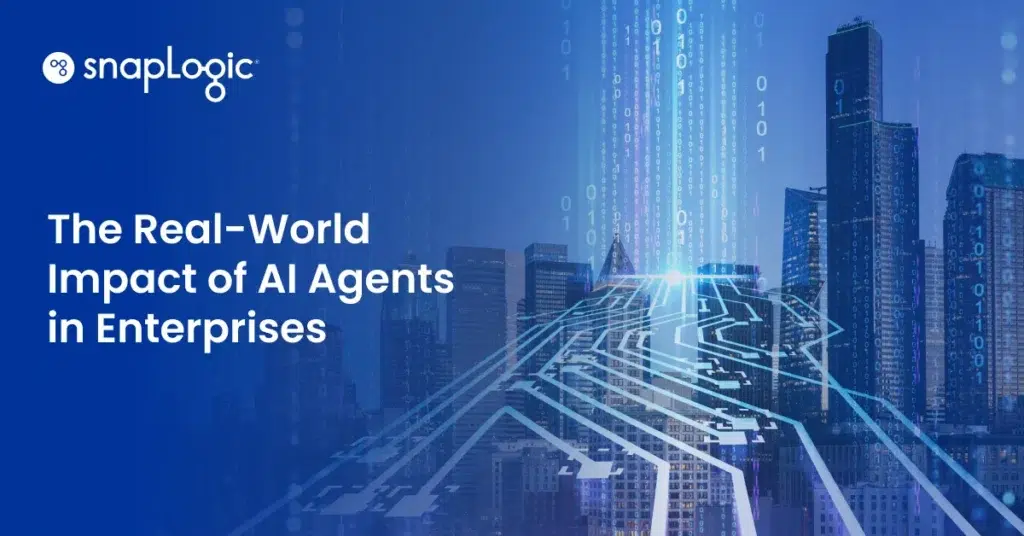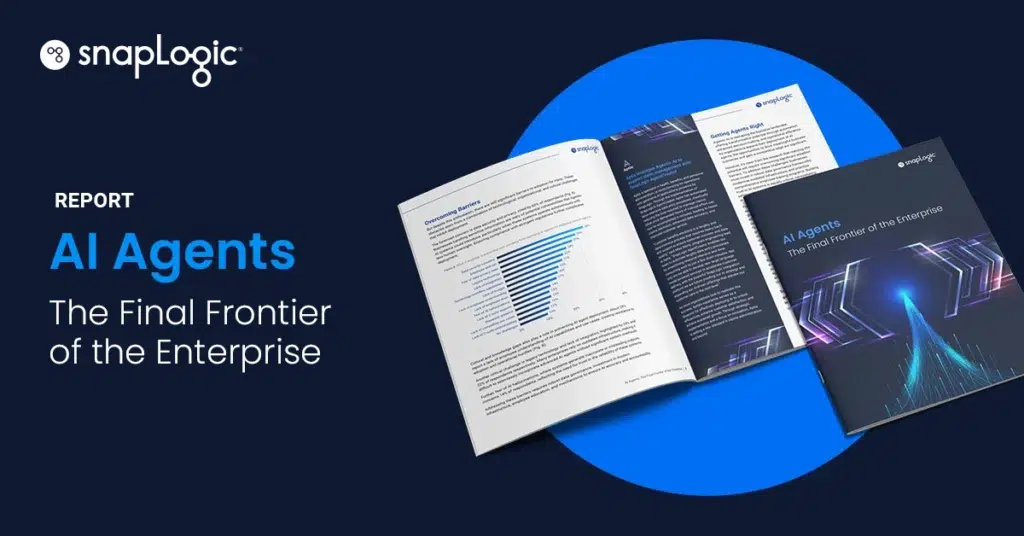What is data age customer service?
Data age customer service has had to adjust to the changing needs of business. As the enterprise digital transformation takes place, the services provided have to understand, predict, and provide for customer needs. New processes and quickly-evolving technology means that support has to have more insight and take a more proactive role in educating and caring for customer success. Customer success managers have developed and become more essential to handling accounts throughout client development.
As cloud services become more popular, the frequency of upgrades, new processes, agile extensions, and scalable solutions mean that service is central. The application-heavy environment adds flexibility to business. However, it also means integration is key. Best practices for managing data integration are constantly evolving to meet both client and technological changes. Without best practices, the service-based technology may not show ROI and be canceled by the client. Thus, data age customer service and integration strategies incorporate the latest technology for user experience and also ensure that they are able to be used fittingly for a specific customer.
The short of it is, customer service in the data age is no longer a secondary consideration. It is at the heart of transitioning to SaaS-based, application-centered business enterprise models. And, because companies are evolving to be more nuanced, each customer service agent has to be a customer expert as well as an expert in their technological service area.
Read more about creating the strongest modern customer service team in Data integration best practices in the age of the digital customer.









